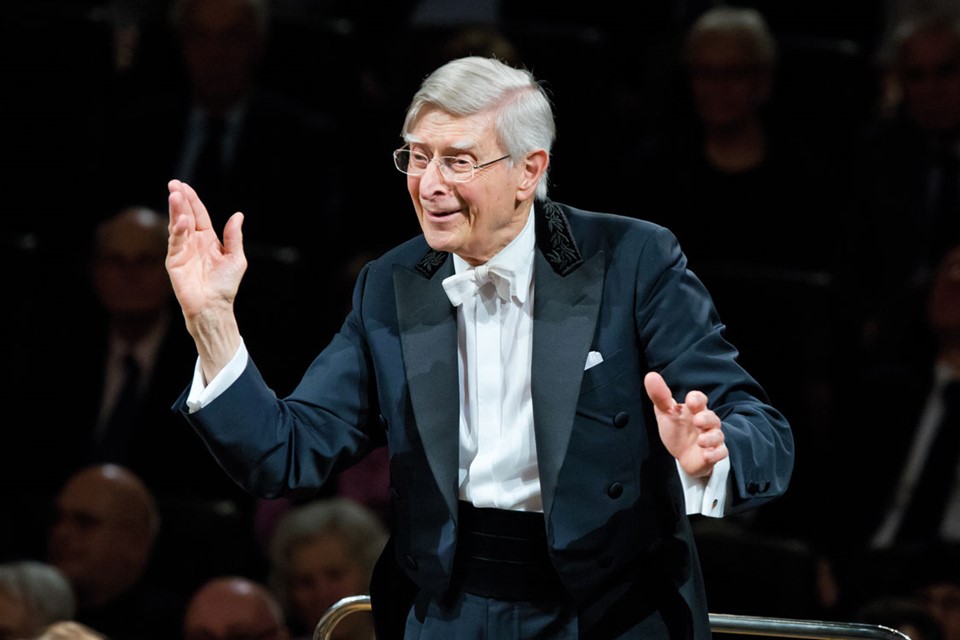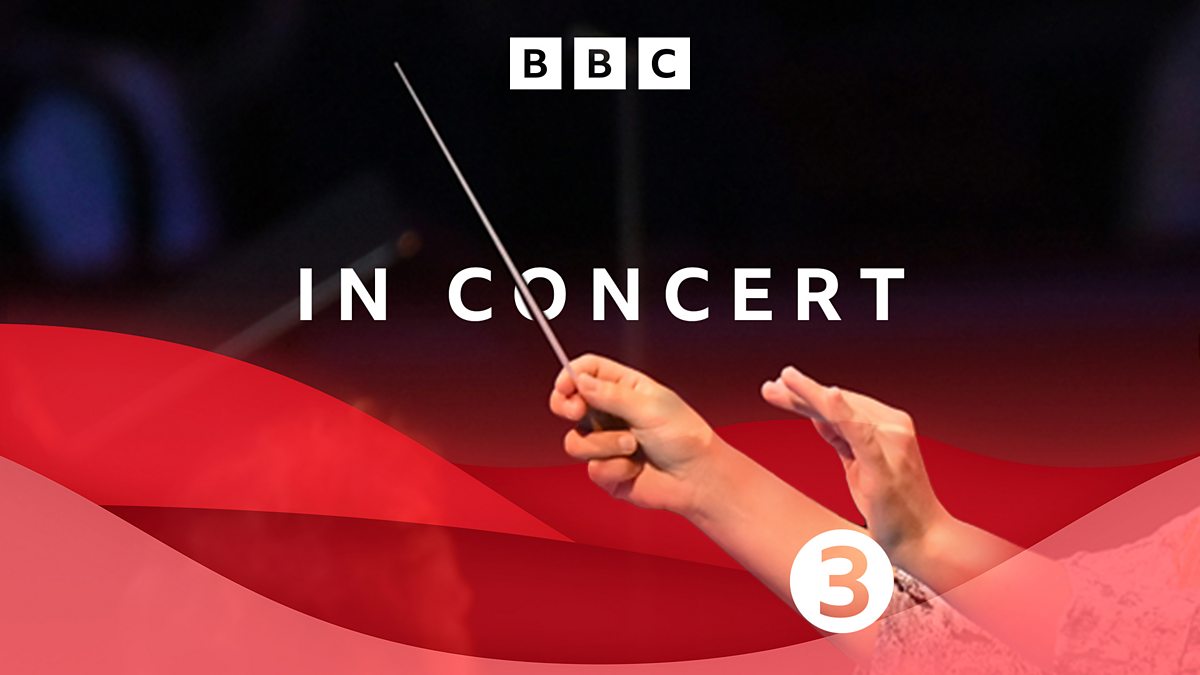Taking a cue from teamsaint's separate running thread on the R3 Lunchtime Concerts, here's the start of a parallel running thread on Radio 3 in Concert offerings, for general discussion. Managed to catch a few offerings just before the 30 day deadline, such as:
(a) A few weeks back, heard the LPO/Jurowski concert with Kancheli, Martinu, & VW 9 on iPlayer. On the separate thread, it's a shame that only RVW 9 got the bulk on the attention, as the whole concert was worth hearing, even if it was a concert of two halves. Given that ECM New Series has promoted Giya Kancheli's music for years on their albums, it may say something that GK's music seems to get very few live airings that I can tell, certainly in the USA. So that made this one worth hearing on its own.
To be honest, I found the listening experience of GK's Mourned by the Wind a bit 'meh', although this wasn't the fault of Isabelle van Keulen, the LPO or VJ. It was nice that GK was in the hall to take a bow. The big surprise, however, was the second half, in hearing Martinu's Memorial to Lidice juxtaposed with RVW 9. Until hearing the two works in succession, I never realized how close the sound worlds of the two works are. Full marks to VJ for making the connection and pairing them. It was also interesting to hear VJ's interpretation of the end of RVW 9 as RVW's own spirit dispersing into the cosmos after his own end.
(b) Just heard the RSNO concert with Elim Chan pinch-hitting for Neeme Jarvi, the program of Tchaikovsky's R&D, LvB 2 (Louis Schwizgebel), and Rachmaninoff's Symphony No. 2. On paper, this looks like pretty tame programming, if still a hefty workout for the orchestra. In practice, though, the RSNO sounded on really strong form, warm sound, and well paced, without any strange point-making or pulling out of shape of phrases from EC. Maybe one or two odd lightly scrambled passages from Schwizgebel in the LvB, but no harm done. This is all the more interesting given that Elim Chan made her guest-conducting debut with the RSNO not long before, something like 2 weeks earlier, and she got the emergency call back pretty fast. Tom Redmond went on about the chemistry between her and the RSNO on their first concert together, as did the RSNO press office here. Given that orchestras always need to keep their eyes out for future music directors / principal conductors, one wonders if her stock with the RSNO just shot up.
(a) A few weeks back, heard the LPO/Jurowski concert with Kancheli, Martinu, & VW 9 on iPlayer. On the separate thread, it's a shame that only RVW 9 got the bulk on the attention, as the whole concert was worth hearing, even if it was a concert of two halves. Given that ECM New Series has promoted Giya Kancheli's music for years on their albums, it may say something that GK's music seems to get very few live airings that I can tell, certainly in the USA. So that made this one worth hearing on its own.
To be honest, I found the listening experience of GK's Mourned by the Wind a bit 'meh', although this wasn't the fault of Isabelle van Keulen, the LPO or VJ. It was nice that GK was in the hall to take a bow. The big surprise, however, was the second half, in hearing Martinu's Memorial to Lidice juxtaposed with RVW 9. Until hearing the two works in succession, I never realized how close the sound worlds of the two works are. Full marks to VJ for making the connection and pairing them. It was also interesting to hear VJ's interpretation of the end of RVW 9 as RVW's own spirit dispersing into the cosmos after his own end.
(b) Just heard the RSNO concert with Elim Chan pinch-hitting for Neeme Jarvi, the program of Tchaikovsky's R&D, LvB 2 (Louis Schwizgebel), and Rachmaninoff's Symphony No. 2. On paper, this looks like pretty tame programming, if still a hefty workout for the orchestra. In practice, though, the RSNO sounded on really strong form, warm sound, and well paced, without any strange point-making or pulling out of shape of phrases from EC. Maybe one or two odd lightly scrambled passages from Schwizgebel in the LvB, but no harm done. This is all the more interesting given that Elim Chan made her guest-conducting debut with the RSNO not long before, something like 2 weeks earlier, and she got the emergency call back pretty fast. Tom Redmond went on about the chemistry between her and the RSNO on their first concert together, as did the RSNO press office here. Given that orchestras always need to keep their eyes out for future music directors / principal conductors, one wonders if her stock with the RSNO just shot up.


Comment